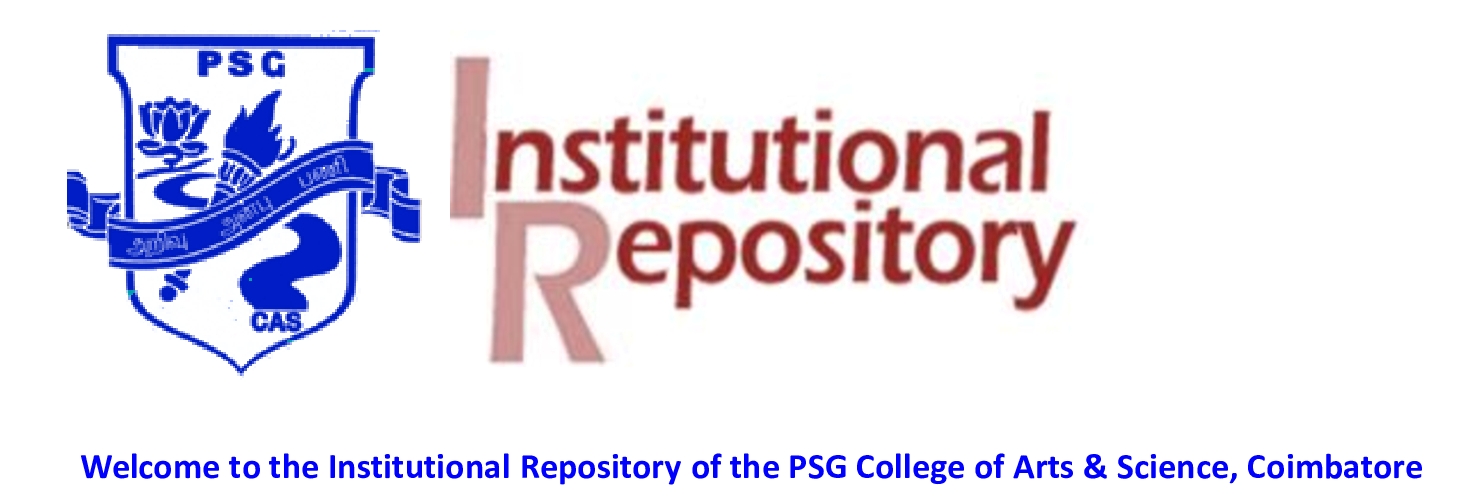Uma Maheswari, B (2022) Malaria cell detection using deep learning techniques and Investigation on efficacy and safety of carcia papaya leaf extract on malaria. Journal of Pharmaceutical Negative Results, 13 (1). pp. 50-57.
46.pdf - Published Version
Download (329kB)
Abstract
Malaria is a serious fever infection caused by Plasmodium parasites, which individuals get by bites from female Anopheles mosquitoes
carrying the disease. 50% of the world's population impacted by malaria in 2020. People with HIV/AIDS, pregnant women, young children
under 5, infants, and those moving to areas where malaria transmission is higher but immunity is lower, such as travellers, mobile
communities, and migrant workers, are more likely to contract malaria and develop serious illnesses. Despite these figures, an early, accurate
diagnosis can lower the fatality rate from malaria. Numerous factors, including a severe lack of experienced specialists in village areas,
improper information management, the use of fake medications, the accessibility of affordable diagnostic tools, global warming, and many
others, contribute to the development in malaria and their unnatural geographic location. Malaria is a complicated, fast spreading infectious
illness that has become difficult to manage due to the prevalence of its parasites. It is difficult to distinguish between blood smear microscopic
images of parasite- and non-parasite-infected blood due to malaria. We have created an automated solution using deep learning methods to
address this difficulty. Additionally, the effectiveness and safety of papaya leaf extract from Carica papaya on malaria were examined.
| Item Type: | Article |
|---|---|
| Uncontrolled Keywords: | malaria; fever; death rate; severe; visual inception; CAD; fast; deep learning; detection; parasites; blood smear images; automated; efficacy; safety; papaya leaf extract. |
| Divisions: | PSG College of Arts and Science > Department of Computer Science |
| Depositing User: | Dr. B Sivakumar |
| Date Deposited: | 15 Mar 2023 09:17 |
| Last Modified: | 15 Mar 2023 09:17 |
| URI: | https://ir.psgcas.ac.in/id/eprint/1778 |

